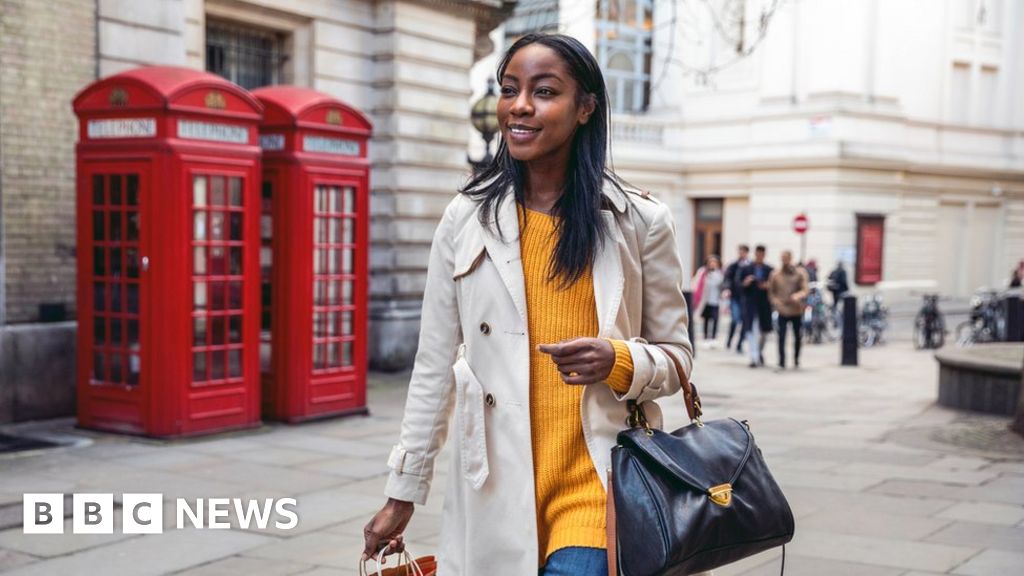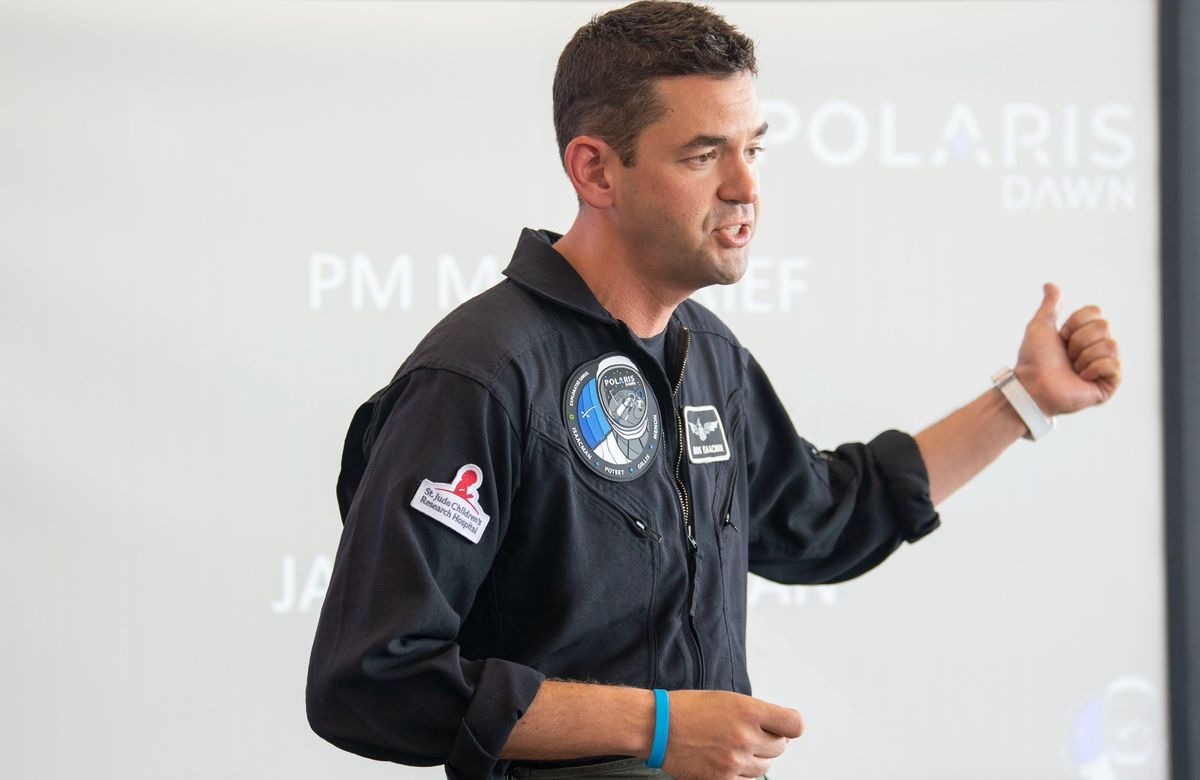
Khadija Rmichi’s road to the Women’s World Cup began on a bicycle.
Armichi, a goalkeeper, grew up in Gourifka, a mining town in central Morocco. As a girl, she tried many sports, including basketball, but was always bored with them. She was often drawn to the boys playing football in the streets. Sometimes she enjoys watching sports. For days, she couldn’t resist joining in, even though she knew it was trouble.
« It’s embarrassing to play with boys, » Rimichi, now 33, said in an interview in April. « My older brother would beat me and drag me home, and whenever I got the chance I would go back to the street and play. »
A local coach loved her spirit. He told Rmichi that if he found enough girls to form a team, he would train them. So she hopped on a bike and toured the streets and playgrounds near Kauribka, looking for teammates. Armici said she takes her sales directly to women’s homes, allowing reluctant parents and families to play when needed.
« I tried to get involved in other sports, but I wanted to play football, » he said.
First team
Morocco, one of the eight first-time qualifiers for the Women’s World Cup, could go winless in a group featuring former champions (Germany), Asian regulars (South Korea) and South America’s second-best team (Colombia).
But the presence of Morocco in the tournament, which begins Thursday in Australia and New Zealand, and the presence of its women’s team in all, is an inspiration and a measure of pride at home and abroad.
Morocco is the first Women’s World Cup qualifier from North Africa, and the first from a majority Arab country. However, before hosting the continent’s World Cup qualifier on home soil last July, its team was largely unknown even to most Moroccans. Despite posting victory after victory, the country’s stadiums It started to fill up with fansMany of them are seeing the team play for the first time.
In a country where soccer is revered but interest in women’s sports is a relatively new phenomenon, the win boosted the team’s profile. « They showed us that they can fill stadiums and entertain Moroccans, » said the team’s French coach, Renault Petros. « They did it on the African stage. Now we hope to do it internationally.
Morocco’s presence in Australia this month is a testament to efforts to grow women’s football in the country through government investment and a concerted effort to unearth talent not only in cities such as Rabat and Casablanca, but also from the wider Moroccan diaspora in France, Spain, Britain and the Netherlands.
That diversity was on display earlier this year on a chilly but cheerful night in Prague when the team came to face the Czech Republic in a pre-World Cup exhibition match. During evening practice, Petros gave instructions to the team in French, and the players gave each other commands and encouragement in a mix of Arabic, French and English. An interpreter stood on the field if needed. At most practices, he wasn’t: Most players had established ways to communicate even if they didn’t share a common language.
Their divergent paths were sometimes bound together by similar threads. Growing up in Morocco, 21-year-old Sofia Bouftini initially faced resistance from her family when she expressed an interest in taking soccer more seriously. Like Rimichi, he fell in love with playing against the boys, yearning to be on a real team.
« My grandmother advocated for me and convinced my father, » he said. « My father was against it. » He eventually relented when he realized how talented she was, Bouftini said.
expectations
Sitting in his office this spring, Petros, 51, cautioned that expectations for his team must be realistic. The stakes for her team, which qualified for women’s football’s biggest championship for the first time, were not the same as the men’s team, which won fans far and wide in December, becoming the first African team to reach the semi-finals.
Matching that record shouldn’t be the measuring stick this month, Petros said. « It’s not a good thing to compare them to boys, » he said of his players.
Morocco’s men have made international appearances several times, he pointed out, before embarking on a stunning run in Qatar that generated joy at home and plaudits everywhere else. The stars of the men’s team have been recruited by some of Europe’s top clubs and have long since learned how to perform on soccer’s biggest stages. He said it would be a novelty for women. Success is marked by small steps. « There won’t be 20,000 Moroccan supporters in stadiums in Australia, » he said.
Playing the long game seems to be something the country’s sporting leaders agree on. Built in 2009 at the sprawling Mohammed VI Football Complex in Salé, close to Morocco’s capital Rabat, the state-of-the-art facilities are preparing a new generation of footballers to become tomorrow’s champions.
But for those who started before such facilities were available, the road to elite football was not always easy. For players who came to the team after growing up in Europe, choosing Morocco was a complex question of opportunity and identity. But even those who had better opportunities to learn and train in the sport in the European countries where they grew up admitted that they often faced similar opposition from their families.
Nezrine El Chad, a 20-year-old central defender, grew up in Saint-Etienne, France, immersed in soccer. The daughter of Moroccan immigrants, she learned to play against boys at recess when she was at school. When his family went on summer vacation to Morocco, he said he would buy a ball from a store and play on the beach.
When she was 12, her parents realized she might have the talent to have a future in soccer, so her mother enrolled her in a sports study program and made sure she was exempt from some of the chores her siblings had to do so she could relax on Sundays before games. Her father, who earned a black belt in karate, was initially opposed to the idea of a football-centered future for Nezrin — until his own mother asked her to let her play. He ended up taking her to every practice, every game, and is now one of her staunchest supporters.
He said it was not a question of which country’s colors he would wear if given the chance.
« I was brought up feeling Moroccan, » he said. « I always want to play for Morocco. »
Voices from home
A few hours inside the Ledny Stadium in Somudo, close to the Czech Republic’s border with Germany, Morocco’s success showed how infectious it has become for fans at home and abroad, and how far the team still has to go.
The crowd that braved the cold to watch Morocco’s friendly in April was mostly Czech. This included a group of loud, intoxicated hockey fans who left another event less than 30 minutes into the game. But there were also small pockets of Moroccans — mostly foreigners, some of whom traveled more than 100 miles to attend. They were filled with a sense of purpose and belonging, inspired by the urge to express love for the country of their birth, and to share that feeling with others who could understand. Gender is of little importance to them.
« For me, girls or boys, it’s all the same, » said Kamal Jabayur, 59, who came 190 miles from Brno. « We’re here so women don’t feel alone. »
Jabir sat in his seat for the entire game, cheering and chanting « Dima Maghrib » – always Morocco. His enthusiasm, while welcome, did just that: Morocco lost to the Czechs, who did not qualify for the World Cup. A few days later, they did the same against another non-qualifier, Romania, in a 1-0 win in Bucharest. Difficult nights may follow.
On Monday, Morocco will open its first World Cup with its toughest test yet: a date in Melbourne against one of the tournament favorites, Germany. Players know their countrymen and their families, wherever they are, will be watching.
El Chad, a central defender, regularly watches her grandfather’s games from a favorite cafe in Morocco, where he likes to brag about his granddaughter to his friends and neighbors.
El Chad knows the joy of playing sports this month. His feet hurt while jumping for joy while watching one of Morocco’s victories in the men’s World Cup on television. This month, it’s his team’s turn. Although not the same injuries, she believes the outcome evokes similar feelings.






